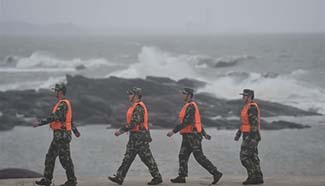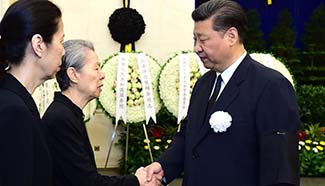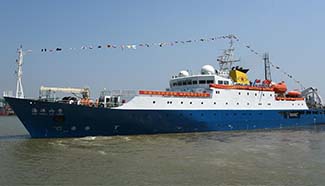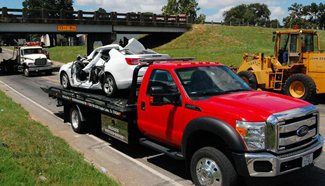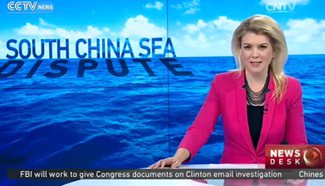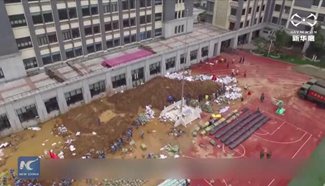HAVANA, July 8 (Xinhua) -- Cuban President Raul Castro on Friday said a "reduction in oil imports", falling prices of traditional exports, along with other financial restrictions caused a "tense and stressful" economic situation that will bring limitations in the second half of 2016.
Speaking to the lawmakers of Cuba's parliament, Castro said the island's GDP only grew by 1 percent in the first half of the year, only around half of the government's projections.
"This result was due to external financial constraints caused by falling export prices and the limitations faced by some of our major trading partners, due to falling oil prices," said Castro in his traditional speech to end the week-long parliamentary session.
The leader added that Venezuela's crisis is affecting Cuba's oil imports as Caracas is unable to meet the supply it agreed to as part of an agreement in which Cuba sends thousands of doctors, teachers and other advisors to the South American country.
"There has been a contraction in the fuel supplies agreed to with Venezuela despite the strong will of President Nicolas Maduro and his government to fulfill them. Obviously, this has caused additional stress on the Cuban economy," he stated.
Castro added that the falling prices of traditional exports such as nickel, tobacco and rum have also contributed to the problems.
The Cuban president added that the "harmful effects" of the U.S. economic blockade on the island continue to affect the nation.
"Three months after President Obama's announcement that he would lift the prohibition on Cuba using the U.S. dollar for international transactions, we have still not been able to make a single payment or cash deposit in that currency," he said.
However, Castro denied an "imminent collapse" of the economy or a return to the "Special Period" , a severe economic crisis which hit Cuba in the 1990s after the fall of the Soviet Union.
"We are prepared to confront this situation although we do not deny it may severely affect the population. There is no room for improvisation and even less for pessimism," he vowed.
The leader urged state institutions to reduce all non-essential expenses and to focus available funds on investments that can generate revenue for the island.
Despite the limitations, said Castro, the government will continue to implement economic and social reforms in order to update the island's socialism.
"The speed of these changes and transformations will be conditioned by our ability to do things right, which has not always been the case," he added.
Earlier in the day, Cuban Economy Minister Marino Murillo announced the country would face economic and energy restrictions in the second half of the year.
The government official said these measures would not affect "vital services" to the population or essential industries like tourism and nickel.
However, the country will see a decrease in public bus services, cutting back on air conditioning at public offices, reduced work days at certain state institutions, the slashing by half of fuel allotments for government vehicles and other measures to cut electricity consumption.

